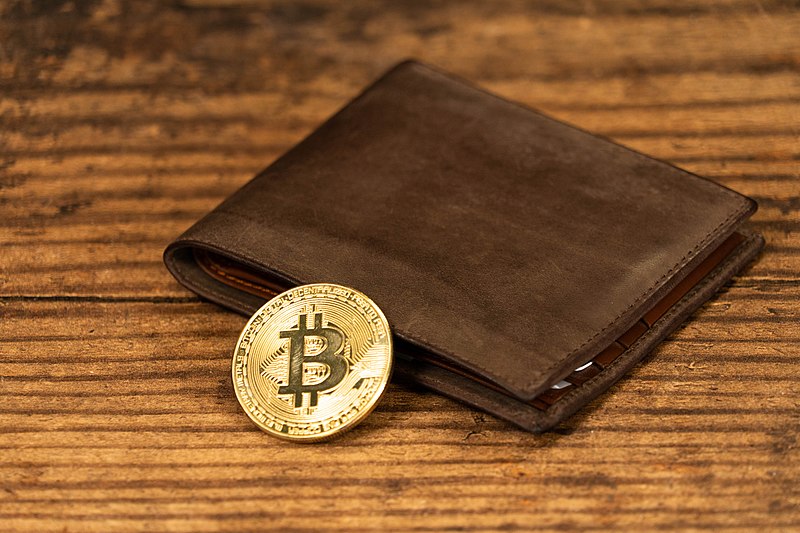Bitcoin is a digital currency that has been gaining traction in recent years, with its price soaring to new highs in 2023. But is Bitcoin a currency or a store of value?

Arguments for Bitcoin as a Currency
Proponents of Bitcoin as a currency argue that it has several advantages over traditional currencies, including:
- Speed and low fees: Bitcoin transactions are fast and have low fees, making them ideal for international money transfers.
- Transparency: All Bitcoin transactions are recorded on a public blockchain, making them transparent and verifiable.
- Decentralization: Bitcoin is not controlled by any government or central bank, making it resistant to censorship and manipulation.
However, there are also some challenges that Bitcoin faces as a currency. For example, Bitcoin is still relatively volatile, and its acceptance as a form of payment is still limited.
Arguments for Bitcoin as a Store of Value
Proponents of Bitcoin as a store of value argue that it has several advantages over traditional stores of value, such as gold, including:
- Scarcity: Bitcoin has a limited supply of 21 million coins, making it scarce and deflationary.
- Portability: Bitcoin is digital and can be easily transferred anywhere in the world.
- Divisibility: Bitcoin can be divided into smaller units, making it more liquid and accessible to a wider range of investors.
However, there are also some challenges that Bitcoin faces as a store of value. For example, Bitcoin is still a relatively new asset, and its long-term value is still uncertain. Additionally, Bitcoin is volatile, and its price can fluctuate wildly.
Conclusion
So, is Bitcoin a currency or a store of value? The answer is likely both. Bitcoin has the potential to revolutionize the traditional financial system, but it still faces some challenges as a currency and a store of value.
Additional Considerations
In addition to the arguments above, there are a few other things to consider when evaluating Bitcoin as a currency or store of value.
- Bitcoin is not yet widely accepted as a form of payment. While there are a growing number of businesses that accept Bitcoin, it is still not as widely accepted as traditional currencies.
- Bitcoin is volatile. The price of Bitcoin can fluctuate wildly, making it a risky investment.
- Bitcoin is not regulated. Unlike traditional currencies, Bitcoin is not regulated by any government or central bank. This means that there is no protection for investors if something goes wrong.
Overall, Bitcoin is a complex asset with both potential and risks. Investors should carefully consider their own investment goals and risk tolerance before deciding whether or not to invest in Bitcoin.








Discussion about this post